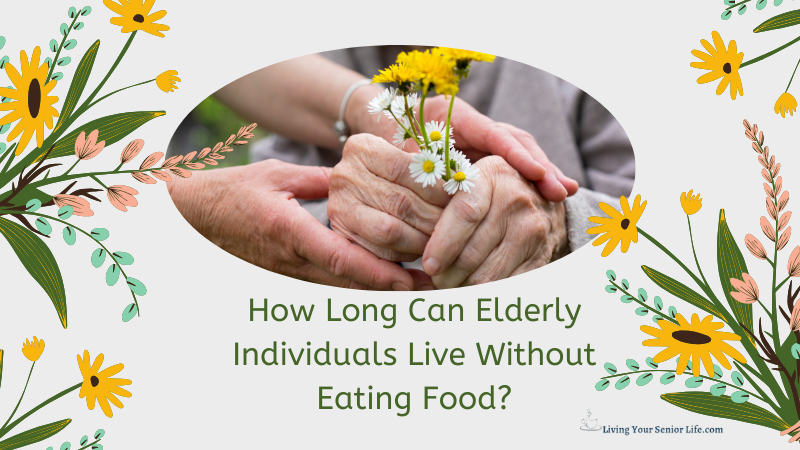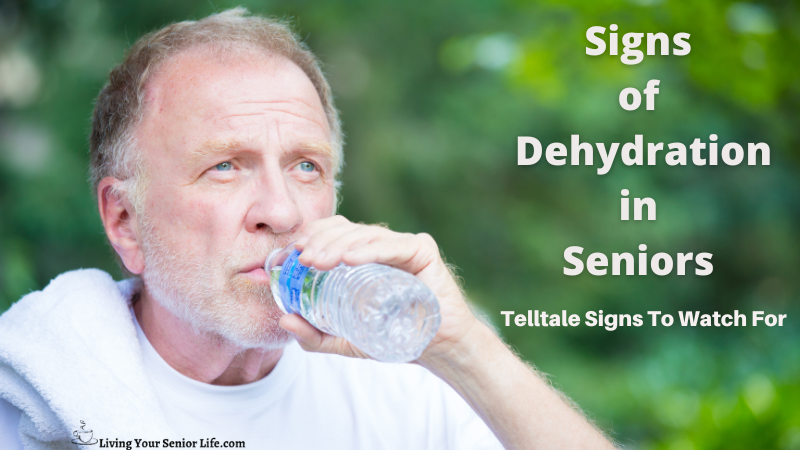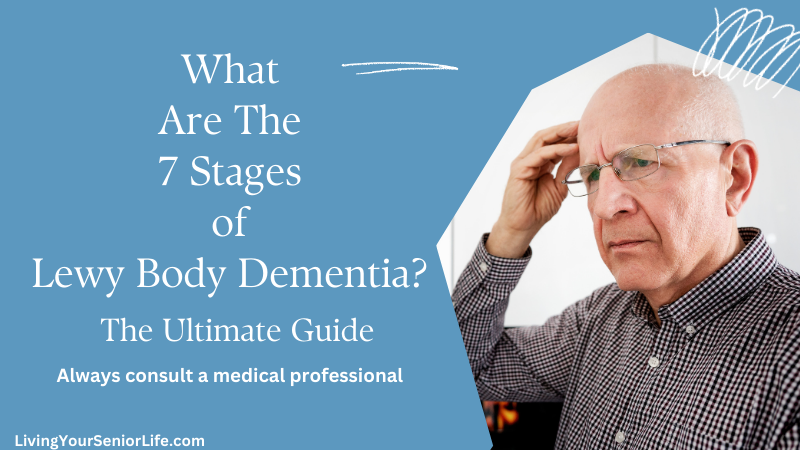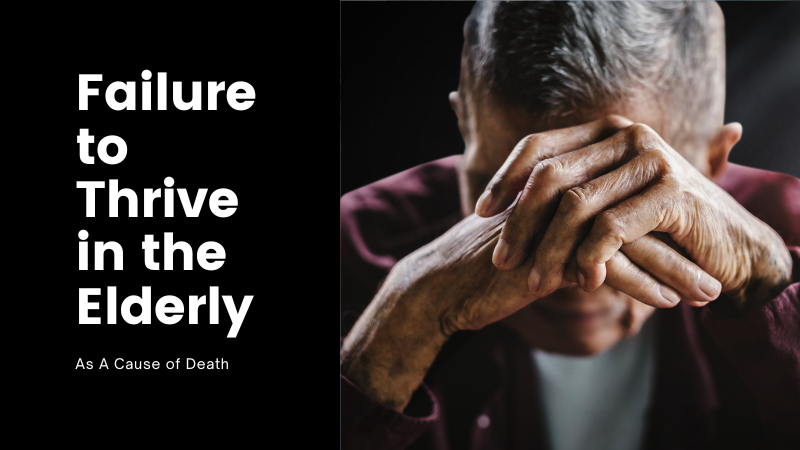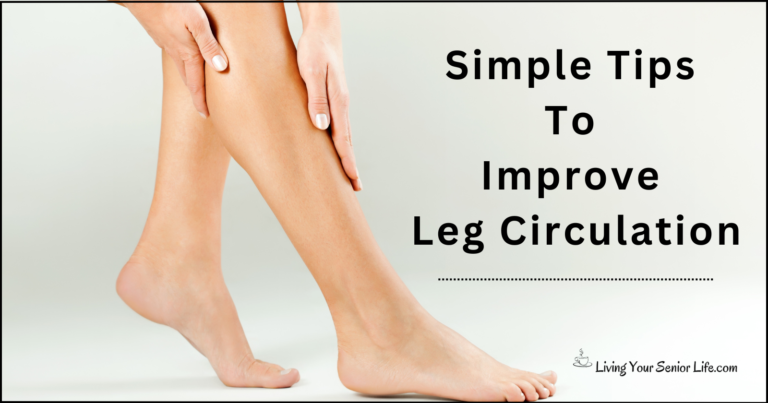When an elderly person stops eating, it can be a sign of a serious underlying health issue or a natural decline at the end of life. The time someone can live without food varies significantly from person to person and depends on various factors such as their general health, hydration levels, and whether they are still drinking fluids.
Quick Answer: How Long Can Elderly Individuals Live Without Eating Food? In general, the human body can survive for a few weeks without food, but only a few days without water. It’s important to note that the relationship between not eating enough and longevity is not always straightforward. For elderly individuals, especially those with chronic illnesses or in a weakened state, the time they can survive without eating can be much shorter. They might only survive for a few days or a week without food. This is because they often have less muscle mass and fat reserves to draw upon for energy, and they may already be compromised by other health issues.
Key Takeaways:
- Reduced appetite in older adults can indicate the body’s natural preparation for the end of their life.
- Quality of life considerations often take precedence over extending life in hospice care.
- Family and healthcare providers focus on comfort and respect for the patient’s wishes in the final stages of life.
Understanding Loss of Food Intake and its Implications
When an elderly person experiences a significant lack of appetite, this can be a distressing symptom for family members to witness. It’s essential to understand the underlying factors that contribute to this decreased desire to eat, as it can greatly impact the life expectancy and quality of life in their final days.
This shift in appetite typically occurs during the final days of life, particularly for hospice patients, and can be part of the normal dying process. Understanding what happens when an older adult eats very little or nothing can offer insight into their life expectancy. It is essential to consider that the human body can experience significant changes in its final stage, where a lack of appetite, weight loss, and reduced food intake become more apparent.
Causes of Decreased Appetite
The human body undergoes various changes as it ages, and one notable change is a diminished sense of hunger. Medical conditions often prevalent in older adults, such as organ failure or digestive issues, can affect their body weight and bowel functions, making it hard to process food and maintain adequate nutrition. Terminal illnesses, particularly in hospice patients, often lead to a decrease in food intake as part of the dying process. Furthermore, as activity level decreases, the elderly may require fewer calories, contributing to smaller portions and less frequent meals.
Psychological Factors Influencing Eating Habits
Apart from physical health problems, psychological factors can greatly influence an elderly person’s eating habits. Depression, a common condition in the elderly, can lead to a marked loss of appetite or interest in food. Additionally, cognitive decline in conditions like Alzheimer’s disease may affect an elderly person’s ability to recognize the need for food and water intake. In hospice care, a social worker may provide emotional support to help address psychological barriers to eating and reinforce the importance of enjoying favorite foods and honoring family traditions, even if it’s in very small amounts.
How Long Can Elderly Individuals Live Without Eating Food and Health Implications
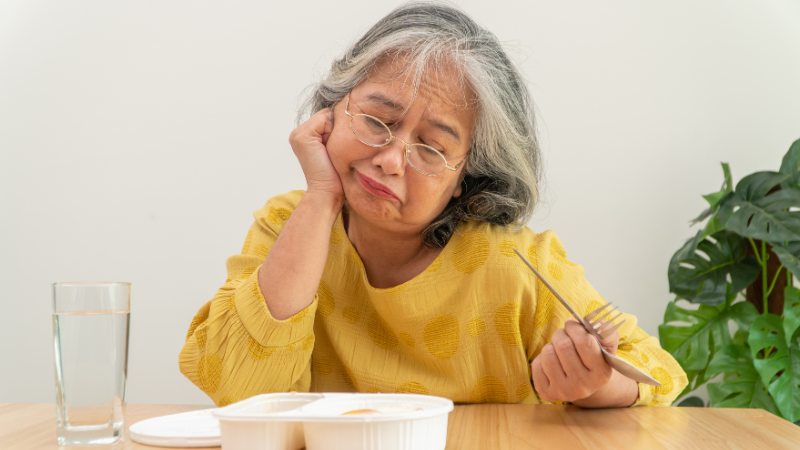
Generally, adequate nutrition is crucial for maintaining overall health and longevity, especially in older adults. When elderly individuals experience a decline in food intake, it can lead to malnutrition, weight loss, weakened immune function, muscle wasting, and an increased risk of chronic diseases. These consequences can ultimately impact their lifespan.
Ultimately, addressing issues related to not eating enough in the elderly, such as identifying and addressing underlying causes, providing adequate support and care, and promoting healthy eating habits, can help improve their quality of life and potentially extend their lifespan. Seeking guidance from healthcare professionals, such as dietitians or geriatric specialists, can be valuable in addressing these concerns effectively.
Malnutrition and Immune System Decline
Malnutrition in older adults can lead to a weakened immune system, increasing the vulnerability to infections and illnesses. Significant weight loss often accompanies lengthy periods without adequate nutrition, which can affect an elderly person’s muscle function and overall body weight. For family members and healthcare providers, it’s crucial to monitor for signs of malnutrition which can exacerbate existing medical conditions and potentially lead to immune system decline.
Dehydration Risks
Without sufficient fluid intake, older adults face the risk of dehydration, which can cause severe health complications. Dehydration can lead to symptoms such as dry mouth, causing discomfort for which simple measures like lip balm or ice chips can help alleviate. It’s essential to be aware that dehydration might also increase the risk of organ failure or terminal dehydration in hospice patients.
Caregiving Strategies
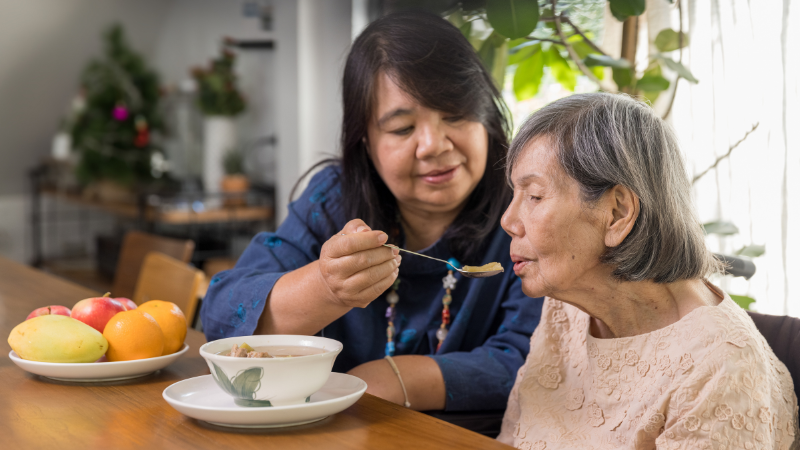
Creating an Appetizing Environment
Meal Atmosphere: Transforming mealtimes into social events can help stimulate appetite in elders. As a family member or professional caregiver, try to make mealtimes a pleasant, shared experience. If direct involvement isn’t possible hospice services or senior centers may offer social opportunities for meal times.
Food Choices: Offering small amounts of food, especially favorite foods like ice cream or cherished recipes, can increase a dying person’s fluid intake and pleasure. Conditions like dry mouth can be alleviated with small sips of water, ice chips, or the application of lip balm, improving the overall sensory experience. Rely on a dietitian or a social worker for personalized care plans that focus on palliative care and bring comfort in the last weeks of life.
End Of Life Measures
When an elderly person decides to stop eating or has a decreased food intake, there are vital health implications that need to be addressed to maintain their quality of life and manage the progression of their condition in their final days.
It’s important to note that if an elderly person stops eating, it should be taken seriously. Medical advice should be sought to understand the cause and to determine the appropriate course of action, which may include palliative care or other supportive measures to ensure comfort and quality of life.
When an elderly person is in their final days, specific caregiving strategies can help maintain their quality of life. These strategies take into account the unique challenges that arise when older adults lose interest in eating and drinking.
Medical Intervention
Nutritional Supplements
For older adults experiencing weight loss due to a lack of appetite, nutritional supplements can sometimes offer a temporary solution to provide adequate nutrition. These supplements are specifically designed to meet the body weight and energy level needs of those who struggle to maintain adequate food intake. Healthcare providers may suggest supplements that are high in calories and nutrients, often in a liquid form, which can be easier for an elderly person to consume. It’s essential to consult with a healthcare professional to ensure that these supplements are appropriate for the individual’s medical conditions and palliative care plans.
Appetite Stimulants Usage
In some cases, appetite stimulants may be prescribed by healthcare providers to help increase an elderly parent’s or patient’s sense of hunger and encourage more regular food intake. These medications can be particularly useful when an underlying cause, like certain medical conditions or treatment side effects, is contributing to the loss of appetite.
However, stimulants are not suitable for everyone, especially in the case of a terminal illness, where the focus may shift to comfort rather than prolonging life expectancy. Hospice team members, such as a social worker or hospice nurse, can discuss the potential benefits and drawbacks with family members to ensure the dying person’s end-of-life wishes are respected.
Assistive Feeding Techniques
Feeding Tubes and Artificial Nutrition: In cases where an elderly parent has difficulty swallowing due to medical conditions or terminal illness, your healthcare provider might discuss the use of a feeding tube. This artificial nutrition can be vital to provide adequate nutrition and maintain body weight. However, it’s crucial to align such medical treatments with the patient’s wishes and the family traditions around caregiving.
Hand Feeding: For those with physical limitations or a diminished appetite, simple assistive feeding techniques can be beneficial. Using smaller portions and feeding frequent meals can help an elderly person process food better and meet their energy levels with fewer calories. Ensure each meal is rich in nutrients, especially if their food intake has reduced.
When an elderly person faces a reduced appetite or difficulty with eating and drinking in their final days, medical intervention can play a crucial role in providing necessary care and maintaining quality of life. The focus rests on compassionately addressing the physical needs of the person while considering the emotional and ethical implications.
Hospice and Palliative Care

In situations where an elderly parent or loved one has a life-limiting illness and is under hospice care, the focus often shifts to quality of life rather than prolonging it artificially. Healthcare providers may discuss options like artificial nutrition or hydration, such as using a feeding tube or offering ice chips to alleviate dry mouth. However, these measures may not necessarily extend life expectancy or improve the quality of life for a dying person. The preference of the patient, alongside medical advice, guides the choices made for end-of-life care and ensures they align with the individual’s end-of-life wishes.
Comfort Feeding Approaches
“Comfort feeding only” prioritizes the comfort and pleasure of hospice patients over the provision of adequate nutrition, which the human body may no longer process properly. When an elderly parent or loved one’s appetite diminishes, you can offer small sips of water or ice chips to alleviate dry mouth. Small amounts of food, tailored to the patient’s wishes and family traditions, such as a spoonful of ice cream or favorite foods are encouraged, as long as the patient can safely swallow and wants to eat.
End-of-Life Nutrition Decisions
Decisions about food intake and hydration often weigh heavily on family members, especially as the patient’s activity level and ability to process food decreases. A palliative care team, including healthcare providers and a social worker, can guide you through options like a feeding tube or artificial nutrition, explaining the implications for the patient’s quality of life. In some cases, artificial feeding may prolong discomfort or medical conditions without improving life expectancy. It’s important to consider the elderly person’s advance directive or expressed end-of-life wishes during this difficult time.
Frequently Asked Questions Concerning How Long Can Elderly Individuals Live Without Eating Food
In this section, we address some of the most common concerns about the behaviors and symptoms often observed in elderly individuals approaching the end of life. These questions cover various aspects, from physical changes to the role of caregivers in providing compassionate care during the last stages of life.
How long can a person survive without food if they are still hydrated?
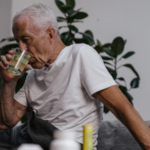
If adequately hydrated, a person might survive for a few weeks without food. The human body requires fewer calories when at rest, but a persistent lack of solid food intake combined with a sufficient fluid intake might lead to a condition known as terminal dehydration.
What are the signs that an elderly person is nearing the end of life?
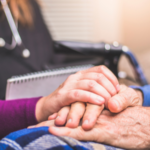
During the final days, an elderly person may exhibit certain behaviors and physical changes suggesting they are nearing the end of life. These can include increased sleep, withdrawal from people and activities, a marked decrease in food intake and body weight, and changes in breathing patterns such as shortness of breath.
In the context of hospice care, what does it indicate when a patient no longer eats?
Within hospice care, lack of appetite or a dying person refusing to eat can be part of the dying process, indicating that their body is preparing for the end of their life. Hospice professionals support the patient’s wishes for end-of-life care, focusing on comfort rather than artificial feeding.
Conclusion
In conclusion, the question of how long elderly individuals live without eating food is a complex one, influenced by numerous factors including their overall health, hydration levels, and the care they receive. While the human body can survive for a surprising length of time without food, for elderly individuals, the risks and adverse effects are heightened. It’s crucial to remember that the absence of food intake in an elderly person can be a sign of a serious underlying issue that requires immediate medical attention.
The well-being of our elderly loved ones is of paramount importance, and ensuring they have access to proper nutrition is a key component of their care. If you notice a decrease in appetite or refusal of food, it is essential to consult with healthcare professionals to identify the cause and to develop a plan that supports their health and quality of life.
Ultimately, it’s not about counting the days an elderly person can go without food, but rather understanding their unique needs and providing the love, support, and medical care necessary to maintain their dignity and comfort in their later years. Let’s work together to ensure that our elders are well-nourished, respected, and cared for at every stage of their lives.
